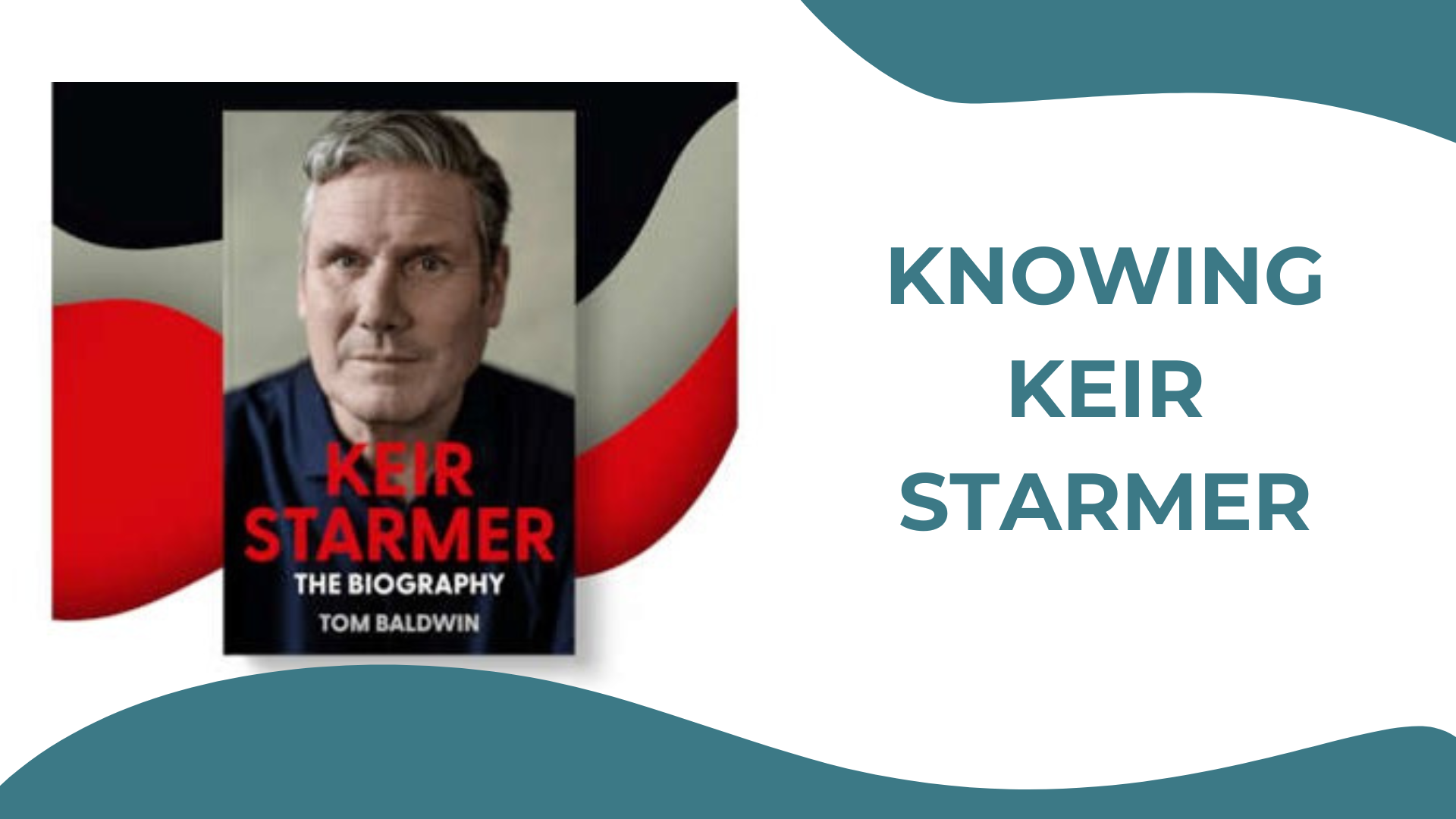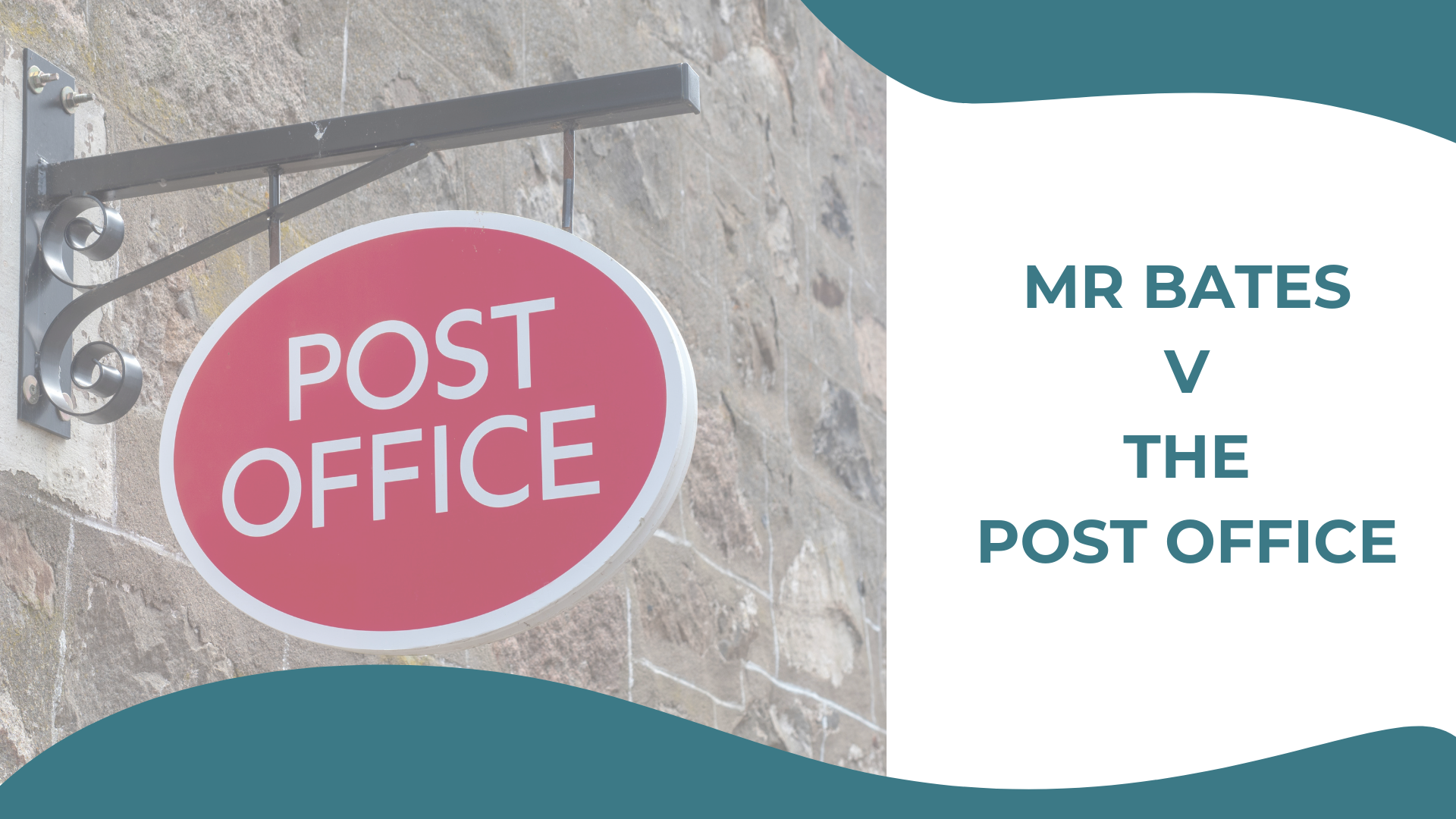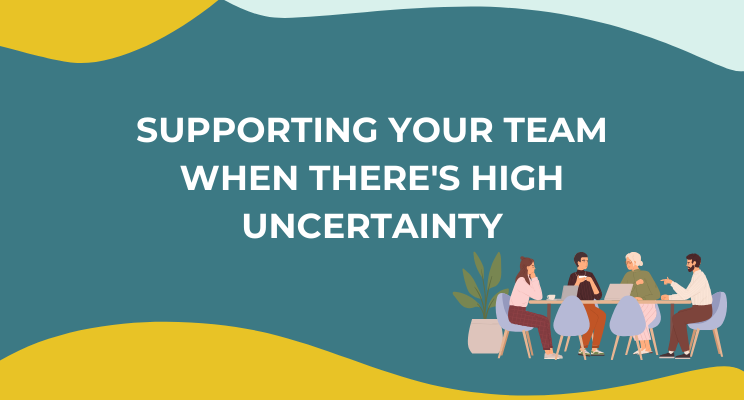In a recent Harvard Business Review discussion about what the next normal is going to look like, many of the panellists re-emphasised that quality talent continues to be scarce and, therefore, how organisations treat their people will really matter in this coming season.
If we hadn’t appreciated it before, the C-19 pandemic has shown that people really are the heartbeat of organisations and that people are indeed an organisation’s greatest asset (and not a well-worn cliché). The strength of our ‘people bridge’ to the future will have a huge impact on our ability to retain and attract the talent we need to deliver our organisation’s ambitions.
Mark recently co-presented a Personnel Today webinar on the emerging people strategy along with Sarah Hulsey of Sage People. The discussion focused initially on research conducted by Sage prior to the C-19 pandemic.
What is clear is that whatever your people strategy was at the start of 2020, you are going to have to take another look at it and refresh it.
Accelerating trends already in play
The research conducted by Sage (over 500 HR leaders in the UK, USA, Canada and Australia participated) pointed to a number of trends that were already in play before the C-19 pandemic. The C-19 pandemic has accelerated these trends:
- Refocusing on People (94%)
- Increased flexible working underpinned by technology (95%)
- New skill sets required within the HR/People Function to help organisations address their tricky people and organisational issues (86%)
- A shift in the way organisations deliver people processes (80%)
Over three articles we will look at the implications of these trends for the emerging people strategy. In this insight piece we focus on trends 1 & 2 above.
Refocusing on People
The experience we are giving people in organisations is becoming a more important barometer than employee engagement. Learning from our colleagues in marketing, who understand the customer experience and the customer journey, people professionals are taking a fresh look at how people in organisations are experiencing work.
Some of the areas we need to pay attention to in shaping a positive people experience are:
- The whole person: People want to be able to show up at work as they are and who they are. As we reshape our people strategy we need to be mindful of a heightened emphasis on three areas:
- Diversity and inclusion really matters. The global explosion of the Black Lives Matter movement since the death of George Floyd has led to an avalanche of statements of good intent tumbling from organisational leaders. There is now a high expectation to turn these good intentions into tangible action.
- The wellbeing and mental health of people at work has moved decisively from the periphery of business priorities to centre stage. Care for people can no longer be seen as discretionary, but is a key pillar of organisational health.
- Blurred work/home boundaries. We have looked through a window into one another’s world outside of work. Our kids, pets, partners, housemates have all had their moments in the spotlight these past months. We have had to create working spaces in our personal spaces. We may find a new equilibrium, but things will never be quite the same again.
- Diversity and inclusion really matters. The global explosion of the Black Lives Matter movement since the death of George Floyd has led to an avalanche of statements of good intent tumbling from organisational leaders. There is now a high expectation to turn these good intentions into tangible action.
- Flexible and virtual working: The excuses and barriers to flexible and virtual working disappeared overnight. We found that the seemingly impossible was, in fact, not that difficult when we put our minds to it. If colleague feedback from one of our clients is anything to go by there is little appetite to return to the presenteeism culture that existed pre-lockdown. More people will want greater flexibility and more people will want to spend some of their week working from home. Our teams will increasingly be virtual teams. Technology will underpin these fundamental shifts in how we get work done and with whom.
- Individualisation: We are rapidly moving away from the ‘one size fits all’ approach to employment. The introduction of flexible benefits over the past decade is the tip of the iceberg. To attract and retain talent, we will need to have differentiated strategies for different employee groups. This means really understanding our workforce better. Not just counting heads and understanding demographics, but also the hopes, drivers and needs of the people we work with.
- Collaborative working: In tension with the trend towards individualisation is a deeper recognition that organisational success depends on people working well together. How we get work done in the future may depend less on place and more on virtual networks. This raises huge issues for people professionals in terms of how we form, develop and recognise teams; create collaborative cultures, and focus on outcomes and accountability rather than inputs and control.
This is by no means an exhaustive list, but the areas highlighted challenge us to stop and take stock of the world emerging through the fog of the lockdown.
Finally, the reshaping of our people strategy must be anchored in the context and realities faced by our organisation. There must be a clear line of sight that shows how the people strategy will enable our organisation’s strategy.
As you reflect on the bridges to the future you need to build for People, consider these questions:
- Thinking about the context of your organisation, what are the key people trends you need to address that will position your organisation for future success?
- What actions are you taking as organisational and/or people leaders to discuss emerging people trends and refresh your people strategy?
Our next article in this series explores the new skillsets required by people professionals and people managers.




